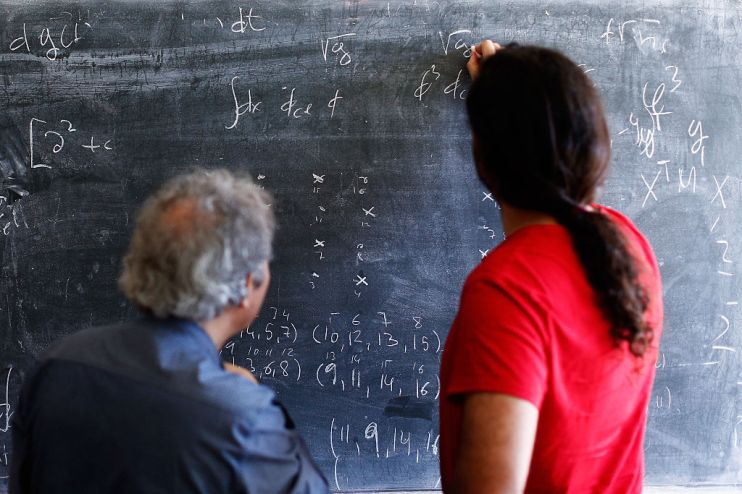From climate change to the Iran crisis, we need to bring back the experts

The EU Referendum set in motion a debate the nation had rarely seen before.
Among the first casualties of the divisive and brutal campaign were the “experts”. As Michael Gove famously said, the country had had enough of experts getting it wrong.
The public rejected advice from academics, business leaders and prominent politicians, and voted against the status quo. The Referendum was, we now understand, about deeper and more fundamental issues than the establishment experts could quantify.
It was a statement of identity, and individuals neither needed nor wanted specialist guidance from those who had been mistaken so many times before to help them make such a personal choice.
But Brexit was an exception. Now that the debate is over and the rows over our future with the EU have subsided somewhat, the county needs to turn its focus to issues that have been pushed to the back of the queue for too long — and we must not let our Brexit-induced scepticism towards expertise cloud our judgement.
From oscillating Iran-US tensions to climate change, the biggest challenges facing Britain require a return to rational thinking and trust in expertise. In an increasingly unstable and unpredictable world, populist rhetoric, political careerism, and hysterical international diplomacy have no place.
In foreign policy, for instance, we have seen senior British diplomats accused of bias for offering their prescient insight into foreign leaders, instead of toeing the party line. The instant backlash and swift departure of the UK ambassador to the US when his confidential reports about the American President were leaked is a worrying example.
Similarly, when it comes to delicate trade negotiations or national security debates, the government of course needs officials who understand and support its priorities, but it cannot afford to ignore any expertise that undermines what it wants to hear.
Foreign policy should not be about party politics, but about protecting our long-term relationships with our allies. To dismiss intelligence based on perceptions of loyalty is at best short-sighted, and at worst dangerous.
The same goes for climate change. We need practical, comprehensive solutions to the threat of global warming that will not destabilise our economy. An ideologically driven politician does not have the capabilities to analyse the trade-off between growth and climate change alone.
This is not to say that ideology has no place in this process. The government needs to stay true to its mandate, and deliver on its manifesto promises. But this cannot be the only lens it looks through. If there is a wealth of evidence on one side of a debate, it would be grossly negligent to ignore this in favour of partisan beliefs.
Yes, this government has a duty to its electorate, but it also has a duty to the long-term needs of the country, and must be willing to accept its responsibility to seek out specialists.
This applies to domestic challenges too. Rumours of recession at home and abroad do not make the immediate future look comfortable — regardless of how Brexit works out. Acknowledging this is not “doing Britain down”, but heeding an honest warning and taking proactive steps to protect the economy.
In our increasingly interconnected globalised world, a “one size fits all” ideological approach will not be sufficient. Experts across the financial world will have a range of ideas for maintaining economic stability. If the government narrows its pool of advisers to only those who match its world view, it risks missing out on potential solutions.
Considering a wealth of information and expertise from across a spectrum of experts can only help with the bigger picture.
With existential crises facing our nation, from climate change to economic shocks, policymakers would be fools to follow dogma over expertise. It’s time to bring the experts back.
Main image credit: Getty